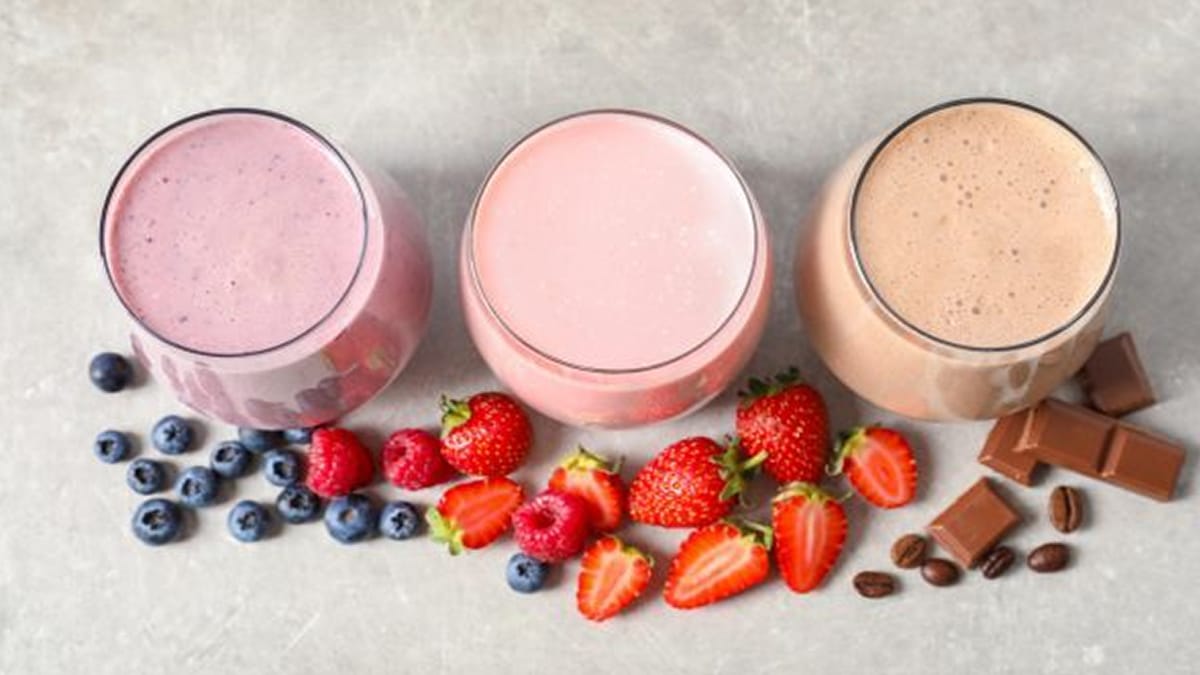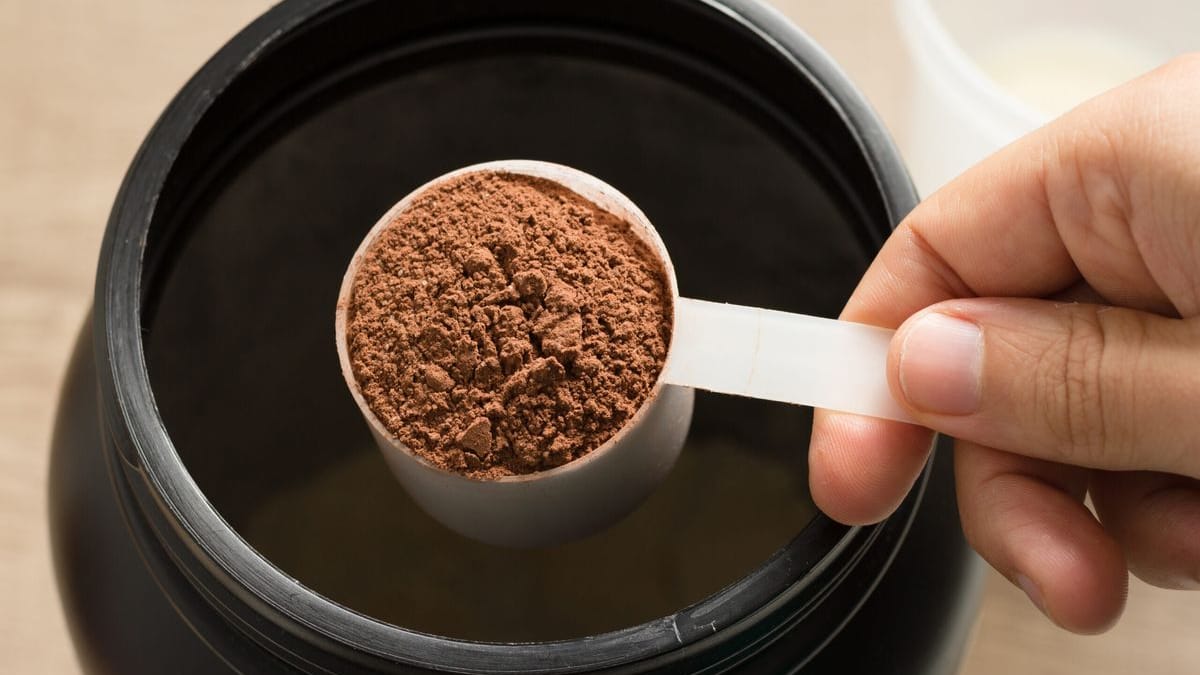Beef Protein Isolate vs Plant Protein: Which One Fuels You Better?
If you are serious about fitness, health, or simply maintaining a high-energy lifestyle, you have probably asked yourself this question: should I choose beef protein isolate or plant protein? The short answer is, both can fuel your body, but the better option depends on your goals, dietary restrictions, and how your body responds to each source. This article dives deep into the science, benefits, drawbacks, and real-life applications of beef protein isolate versus plant protein, so you can make the smartest decision for your body and performance.

Beef Protein Isolate vs Plant Protein: Which One Fuels You Better?
Understanding Beef Protein Isolate
Beef protein isolate is made by hydrolyzing beef into a purified, easily digestible powder that contains almost zero fat and carbohydrates. Unlike traditional whey protein, which comes from milk, beef protein isolate is dairy-free and a great option for those with lactose intolerance. It is loaded with essential amino acids, especially those critical for muscle growth and repair like leucine, isoleucine, and valine.
Athletes often choose beef protein isolate because of its high bioavailability, meaning your body absorbs and utilizes the protein efficiently. Scientific studies have highlighted that animal-based protein isolates generally support muscle protein synthesis at a faster rate compared to many plant proteins.
The Rise of Plant Protein
Plant proteins come from a variety of sources, including peas, rice, hemp, soy, and quinoa. They are praised for being eco-friendly, cruelty-free, and suitable for vegetarians and vegans. Modern formulations often blend several plant proteins to create a complete amino acid profile.
One fear people often have with plant protein is that it may not be as powerful in fueling muscle growth as animal protein. However, research from institutions like the Journal of Nutrition shows that consuming enough plant protein, especially in diverse forms, can achieve similar results to animal-based proteins when total intake and amino acid balance are managed properly.
Nutritional Comparison
When we compare beef protein isolate vs plant protein, the key factors are amino acid profile, digestion speed, and micronutrient support. Beef protein isolate offers naturally high creatine and iron, both of which play a role in energy metabolism and strength gains. Plant proteins, on the other hand, often provide fiber, antioxidants, and phytonutrients, which support overall health, gut function, and recovery.
Performance Impact: Strength and Recovery
One fascinating fact is that beef protein isolate may slightly outperform plant protein for rapid strength recovery after intense resistance training. Some strength athletes and bodybuilders claim they feel stronger and recover faster on beef protein isolate. On the other hand, plant proteins are linked with lower inflammation markers, which could benefit long-term joint health, endurance, and recovery for those who train frequently.
Sustainability and Lifestyle Choices
Another factor people often ignore is sustainability. Plant proteins generally leave a smaller carbon footprint, which makes them attractive for eco-conscious consumers. If your lifestyle values sustainability and ethical sourcing, plant protein may align more with your identity and personal mission.
Potential Risks and Considerations
It is important to be aware of possible drawbacks. Over-relying on beef protein isolate could mean missing out on the additional fiber and phytonutrients found in plants. On the flip side, relying solely on plant protein may risk insufficient intake of certain amino acids like leucine if not properly blended. Both choices can fuel you, but balance and awareness are key.
Practical Applications and User Experiences
Fitness coaches often suggest beef protein isolate for athletes aiming at muscle hypertrophy, while plant protein is recommended for individuals who want clean energy, digestive comfort, or a vegan lifestyle. Testimonials from athletes show mixed results, proving that individual tolerance, goals, and preferences matter the most.
FAQs about Beef Protein Isolate vs Plant Protein
Is beef protein isolate better for building muscle than plant protein?
Beef protein isolate is slightly faster in stimulating muscle protein synthesis, but high-quality plant protein blends can deliver similar results if consumed in sufficient amounts.
Is plant protein easier to digest?
Yes, for some people. Plant proteins may cause less bloating compared to animal isolates, but this depends on the formulation and individual gut sensitivity.
Can vegans get the same strength gains as meat eaters with plant protein?
Yes. Research shows that vegans can build muscle and strength comparable to omnivores if they consume a diverse and adequate amount of plant proteins.
Which is better for weight loss: beef protein isolate or plant protein?
Both can support weight loss when used in calorie-controlled diets. Plant protein often provides added fiber, which helps satiety, while beef protein isolate offers lean, pure protein with almost zero carbs and fat.
What are some recommended protein powders to try?
Whey-free beef protein isolate powders, pea protein blends, rice and hemp mixes, soy protein isolate, and quinoa protein supplements are among the most popular choices.
Tips to Maximize Results
Always check the amino acid profile of your protein powder.
Rotate between beef protein isolate and plant protein to maximize benefits.
Watch out for fillers, added sugars, or artificial ingredients.
Stay hydrated to support digestion and protein metabolism.
Pair your protein intake with strength training or endurance workouts for best results.
Final Thoughts: Which One Fuels You Better?
Beef protein isolate is ideal if you want rapid strength recovery, lean muscle growth, and a dairy-free option.
Plant protein is perfect if you prioritize sustainability, digestive comfort, and long-term health.
The real winner depends on your personal goals, lifestyle, and dietary restrictions.
Both protein sources can fuel you effectively if used strategically.
Mixing or rotating both options might give you the best of both worlds.
Always consult a nutritionist or fitness expert if you are unsure which fits your health needs.
Remember, consistency matters more than the source itself.
Reference & Additional Reading
Inspired by studies and insights from:
www.health.harvard.edu
www.menshealth.com
www.healthline.com
www.womenshealthmag.com
www.ncbi.nlm.nih.gov
www.webmd.com
www.medlineplus.gov
www.tridenttech.edu
www.burnexia.com

